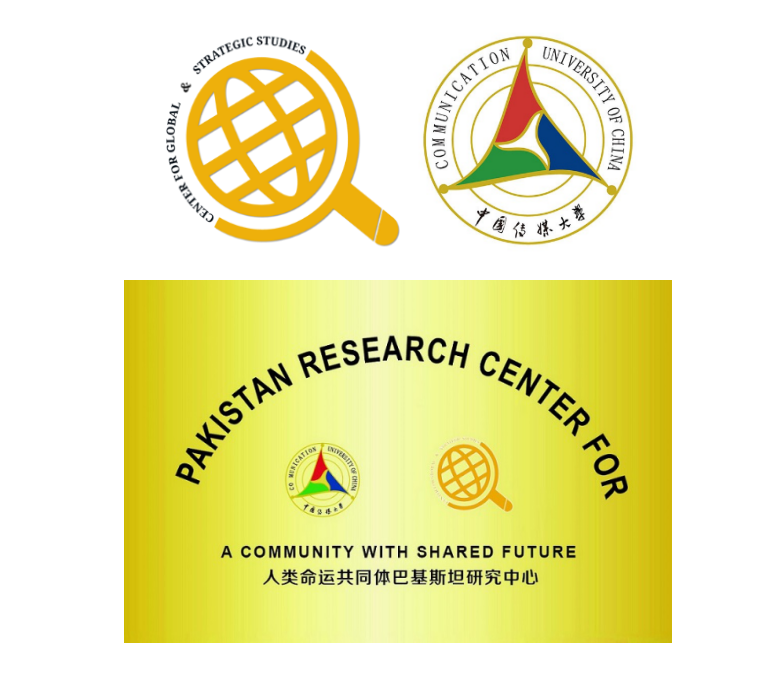
By Mr. Khalid Taimur Akram, Director,
Pakistan Research Center for a Community with Shared Future, Communication University of China (Beijing), China
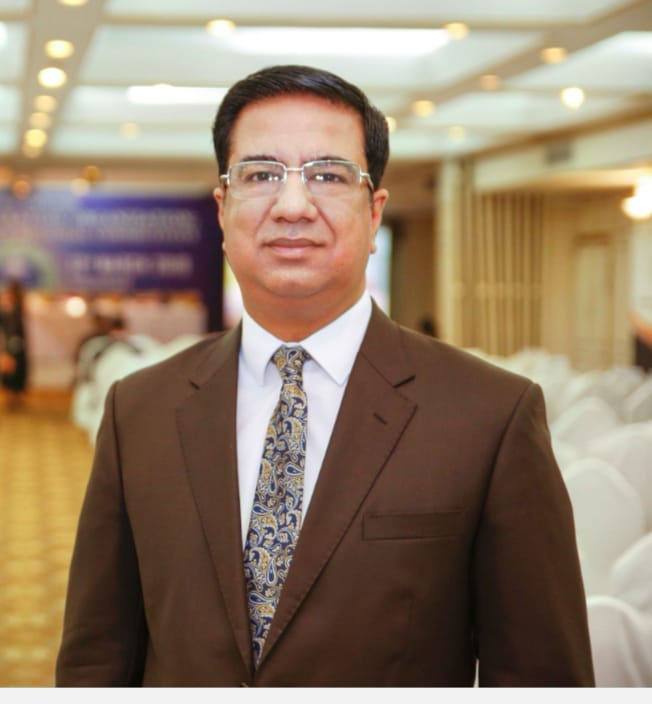
The Chinese Communist Party (CCP) is the main driving force behind the national integration and the socio-economic development of the People's Republic of China. After liberating Chinese people from the whims of incompetent and corrupt Kuomintang (KMT) in 1949, CCP has ushered in a new era of socio-economic development and stability, which continues to this time. This article highlights the transforming policies and exceptional steps taken by the CCP for the development and stability of China. Moreover, the article highlights inclusive ideas advocated by the visionary Chinese leadership to promote peace, integration and sustainable development globally.
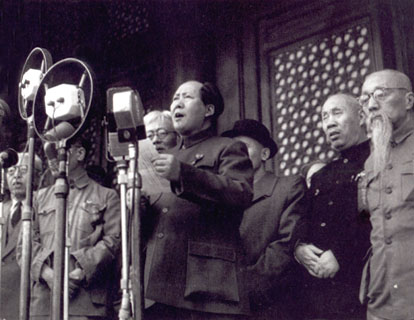
Introduction:
Throughout history, the world has seldom seen revolutionary movements that have completely changed a nation’s course within a short period. The Chinese Communist Party, formed in 1921, can be aptly considered one of the most influential parties on this list. The CCP transcends beyond the confines of usual political movements found globally because liberated Chinese people from the weak and incompetent government’s shackles in 1949 but also united this nation to march towards an era of remarkable socio-economic development continues to this day. In this aspect, it is important to understand the effective and vigilant policies of the CCP that have put the country on top and became one of the world’s most powerful countries.
Chinese Communist Party's Significant Policies for Miraculous Development:
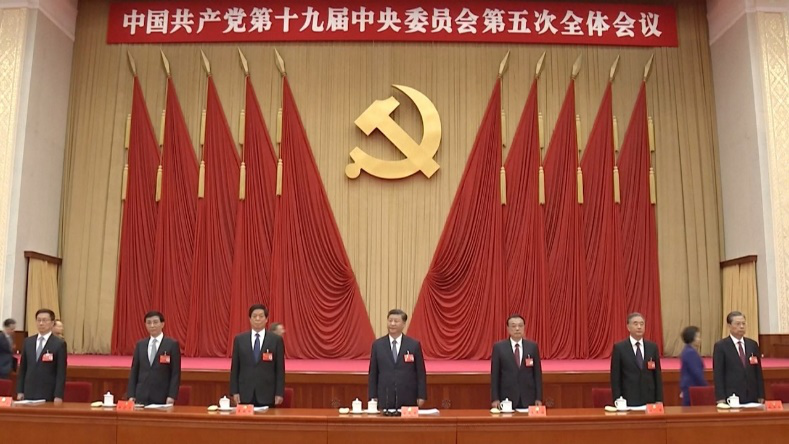
Many experts believe that China's socio-economic development over the past seven decades owes much to the vigilant implementation of CCP's revolutionary economic policies. The policies have provided the springboard for alleviating millions of Chinese citizens from the miseries of unemployment and poverty. The following points describe these averments in detail:
· CCP’s Success in Eradicating Poverty from Most Populous Country in the World:
It is tough for any government to uplift its citizens when its population and economic growth are not proportional. For example, India is the second-most populous country in the world. It has tried to develop during the last few decades. However, its poor population has always impeded the way of its fabricated dream of becoming a developed country.
Since the success of the Chinese Communist Party's revolution under Chairman Mao Zedong’s leadership in 1949, poverty levels have been consistently reduced in this country. This was possible because of the visionary and competent leadership that the long-term economic development and rapid improvement in living standards sustained to this date.

The cornerstone of the robust policy framework has been developing in China’s rural population. It exists by providing them better facilities, ensuring better employment opportunities and splendid lifestyles. The ratio of the population living in poverty has become negligible during recent years because of the sustainable policies and exceptional poverty alleviation plans.
· Unprecedented Socio-economic Development in China:
When the CCP took control of the Chinese government in 1949, its economic growth was slow that mainly relied on self-sufficiency in the absence of any significant global trading partners and allies. However, despite the initial hiccups in attempts to modernize and expand the economy in the 1960s, widespread modernization reforms in the 1970s started an era of rampant economic development. The development can be attributed to the principle of Marxist-Leninist approach followed by the CCP, which affirms that the economy is the foundation for all kinds of development.
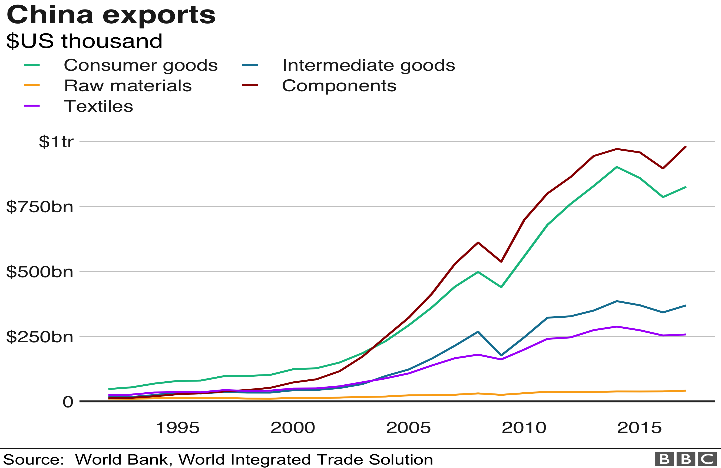
With the acceptance of CCP led Chinese government worldwide and allowance of mutual investment and business opportunities with different countries under the open-door policy, a marvelous economic miracle has occurred. After joining the World Trade Organization (WTO) in 2001, Chinese exports have skyrocketed unprecedently.
· CCP's Crackdown on Corruption and Monetary Embezzlement:
There is no doubt that corruption and other such monetary crimes and practices are detrimental to any country’s economic growth. To keep this menace at bay, successive CCP made strict policies against corruption. The struggle against corruption was reinvigorated in 2012 when the visionary leader, President Xi Jinping, started to curb corrupt practices both inside and outside the party. Under this anti-corruption campaign, millions of Chinese officials have been investigated and punished so far. Due to these swift measures, the public perception vis-à-vis CCP led anti-corruption activities has seen a positive trajectory during recent times.
· Integrating the Chinese Nation:
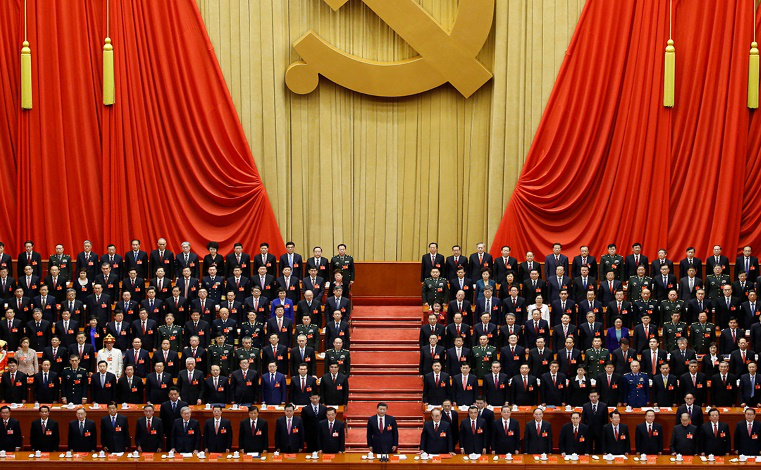
Owing to the successful economic policies and sustained political stability, the CCP has become an integral binding force for the Chinese people, with more than 90 million active CCP members present all across the state. Thus, the party has thus transformed itself into a social aggregation including workers, soldiers, peasantry, and students, private entrepreneurs, and technological elites. These party members resonate with the popular ideas and policies which have made China globally recognized and praised.
Significant Policies for Expediting Chinese Development in the 21st Century:
Since the beginning of the 21st-century, the world has rapidly become a global village with rampant opportunities for economic development. In this regard, CCP’s efforts and policies, implemented to circumnavigate the challenges are mentioned in the following lines:
· CCP’s Initiatives of One Belt-One Road and A Community with Shared Future:
The ideas like community with a shared future for mankind and dialogue of civilizations are based on comprehensive policy guidelines. These guidelines emphasized with a discourse that reflects common practice, willingness to change, and progress of global governance embedded in the principle policies of CCP. China’s main efforts to
 implement this vision emphasize on a win-win situation for all its partners and reciprocal cooperation with them. Since 2012, this initiative has been implemented at an unprecedented pace. China and its allies believe that if this initiative is implemented in its letter and spirit, it can deliver substantial socio-economic dividends from which numerous countries can benefit themselves in the long run.
implement this vision emphasize on a win-win situation for all its partners and reciprocal cooperation with them. Since 2012, this initiative has been implemented at an unprecedented pace. China and its allies believe that if this initiative is implemented in its letter and spirit, it can deliver substantial socio-economic dividends from which numerous countries can benefit themselves in the long run.· The Policy of Technological Advancement in the 21st century:
The efficacy and need for technological development in this era have been fully felt by the leadership of the Chinese Communist Party. At the 19th party congress, President Xi Jinping said in his speech that ‘‘China would develop a market-oriented system for technological innovation in which enterprises are the main players to set the tone for the years ahead’. Simultaneously, for the Chinese Communist Party to be “politically strong,” he emphasized that it must “adeptly apply information technology, including the internet, in our work.” Moreover, under President Xi Jing Ping’s political leadership, efforts for the reconstruction of the Chinese economy through initiatives of innovative technological entrepreneurship have also been raised. Under the slogan “Made in China 2025”, the incumbent government has encouraged domestic companies to develop indigenous technology.
· Quest for Due Recognition on the International Stage:
Under President Xi Jing Ping, the Chinese Communist Party has tirelessly participated in the development of prestigious stature in the nations’ comity. Furthermore, it has started to take robust steps during the last few years to develop its positive influence on domestic and international platforms. It is enhancing soft power through various new projects which have been praised by the world.
Conclusion:
The Chinese Communist Party has put its heart and soul into making China a globally respected country. Many other revolutionary movements globally have faded away after having short-term effects for the fulfillment of their agenda. However, the ideas and principles of CCP still stand tall as a lightning metaphor for a miraculous economic and political turnaround for other nations struggling to achieve their goals. Commemorating the hundred years of the Chinese Communist Party, we appreciate the determination, will, and ingenuity of the dedicated members of this Party, which have shown the grit to miraculously rise from the ashes of poverty to become an internationally recognized power.
Reference list:
1.Chunshan, Mu. “China's Communist Party: 3 Successes and 3 Challenges.” thediplomat.com. The Diplomat, October 28, 2017.
2.Harrison, Virginia, and Daniele Palumbo. “China Anniversary: How the Country Became the World's 'Economic Miracle'.” bbc.com. BBC, September 30, 2019
3.Davidson, Helen, and Rebecca Ratcliffe. “Most People in China Believe Corruption Falling, Says Transparency International.” theguardian.com. The Guardian, November 24, 2020.
Copyright © Center for Global & Strategic Studies (CGSS), Islamabad
To view original article, please visit the following links:
CGSS: https://cgss.com.pk/paper/pdf/Hundred-Years-of-Chinese-Communist-Party.pdf
Twitter: https://twitter.com/CGSS_Pakistan/status/1384432236297179139
Facebook: https://www.facebook.com/CGSS.PAK/posts/3821160201335793
